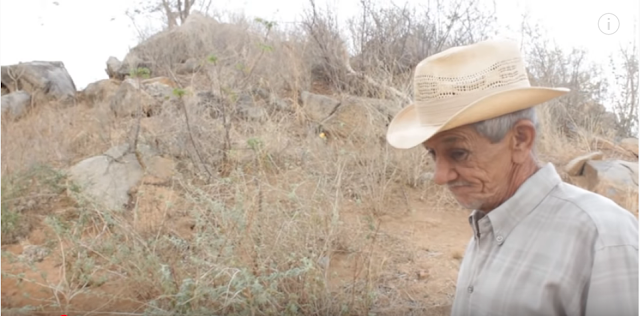Kitchen Poem
I put the bacon into the pan.
It lies there, lank and perfectly relaxed.
After a few minutes, though, a marvelous transformation
starts: the bacon begins to whisper, then hiss,
sinks down, becomes transparent, bubbles and snaps
and babbles to itself, turning crinkled and brown and stiff.
Meantime, I cut up some mushrooms.
The knife blade enters the soft puffy white flesh.
What is a mushroom: a fruit? a vegetable?
Inside the cap, as half the mushroom fails away
gills and a tiny breathing space are revealed—
a secret maritime connection: earth-fish, land-anemone
alive on the ocean of the mossy forest floor.
As the mushroom slices are added to the intense heat of the pan
each one dries out and appears as a miniature kippered herring.
Now I drop in the eggs. Two circular wonders.
The clear fluid becomes white and solid
as the yolk builds its own bright dome in the snow.
Personally, I like to put a lid on it all
so the white covers the yolk entirely.
Food is where everything starts. A thin slice of cheese
melting on my tongue. And I have to
taik about salads. Water
fleshed into green crisp ragged wafers:
lettuce leaves torn up and put in a wooden bowl.
With sliced celery stalks: one piece crunching
between my teeth as I work. Tangy radish:
a red warning sign of a coat, and below that
an apparently-calm, deceptive interior. Not like a tomato
which is honestly red and juicy all the way through.
Green peppers are even more deceiving:
really you just eat the rind because that’s all there is.
To me, peppers seem a little embarrassed when they are cut open.
They have spent so much time attempting to look like an apple
that once they are exposed they try to vanish underneath
everything else in the salad.
Avocados. Warm green California memories
shipped all this way for me: a fruit
with a pudding inside, sweet, bland and mushy,
the absolute opposite of carrots
which are delicious edible wood,
staunch and starchy, each carrot disk
slipping off the knife. I pick one out to munch on: aaaaahh.
Then I put my wooden fork and spoon in
and stir the whole pile up. I pour
an oily and vinegary dressing on, slippery and
pungent with spices. Out of the water
and the ground it all comes, to my plate and my fork
and into my mouth.
I eat. Taking the planet as a whole
not very many can do that. Luck
has brought me this food, though something harsher than luck
keeps the others away from the table.
I eat and go on talking.
Others who can’t eat, or who can’t eat so much
meanwhile are thinking of something else to say.
But still I love to eat, as a person should.
This is how I know there is something wrong
with those who keep food from the poor.
I think if the vegetables controlled the world
there would be enough for all, since even a vegetable
knows its duty is to feed the earth. Something lower than that
must have its hands on things: some sickness
that decrees some people will eat and not others.
Yet food has its own revenge.
Hugo Blanco says that in Chile, under the generals,
when every form of resistance was mercilessly stopped,
the men with the guns had to allow
people to buy food and cook together
since conditions under military rule made this necessary
if many people were going to eat at all.
Now for this activity you need some sort of organization
Blanco says, and you can’t stop people talking to each other
while they’re stirring up the soup. And they don’t
Blanco says, always talk about food.
See how sneaky eating is? I think if you want to control
human beings, you really have to keep every bit of nourishment
away from them. For if someone once opens his mouth to eat,
who knows? instead of rice going in
a word might come out.
Myself, I go on eating, as I go on breathing.
But I hope these two acts are all that ties me in this life
to those men and women who for now decide who starves.
Tom Wayman


Comentários
Enviar um comentário